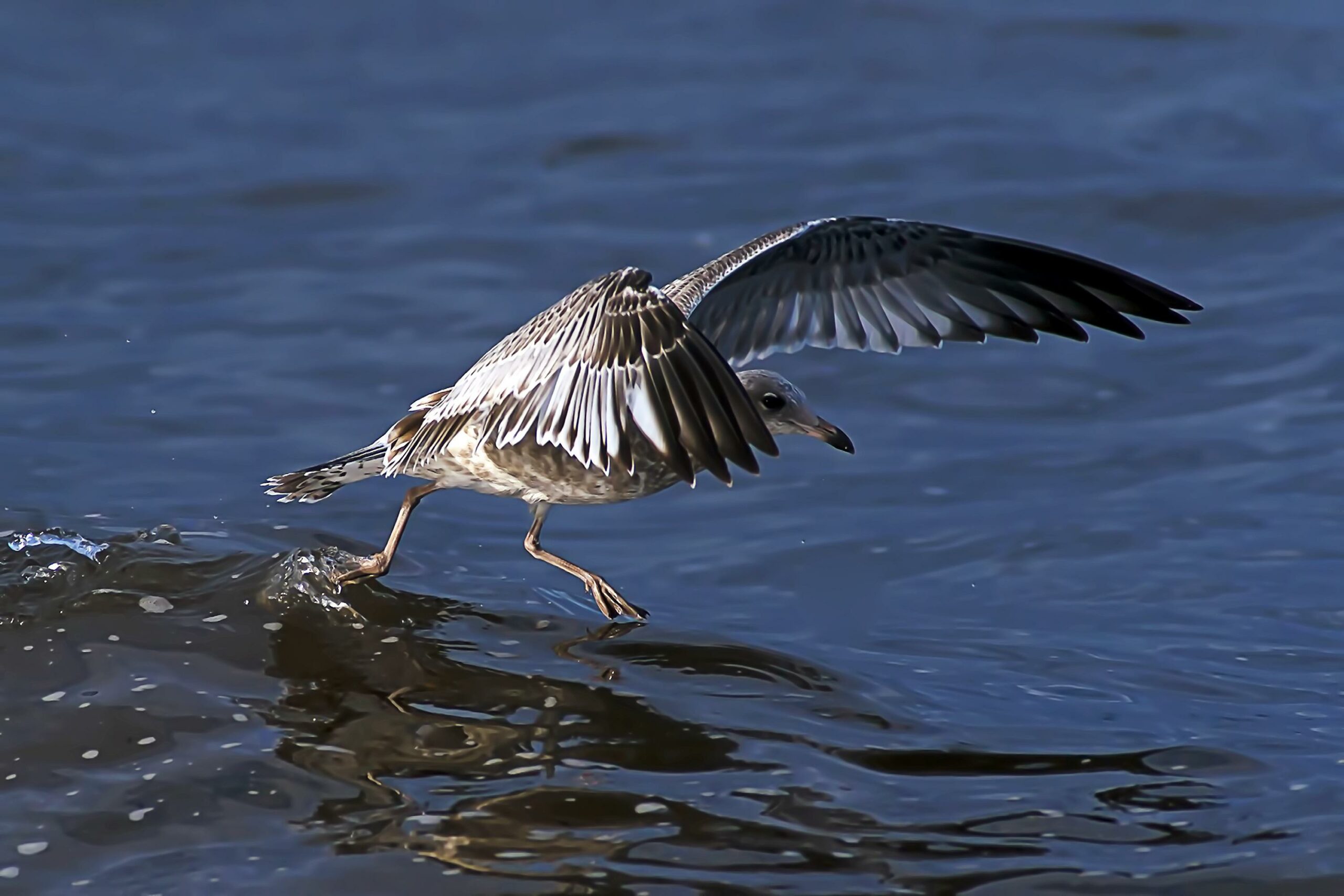
Located off the southeastern coast of Louisiana in the Gulf of Mexico, Breton National Wildlife Refuge is a pristine and rugged sanctuary dedicated to preserving Louisiana’s unique coastal ecosystem and the wildlife that calls it home. Established in 1904 by President Theodore Roosevelt, Breton is one of the oldest wildlife refuges in the United States and a vital haven for migratory birds, diverse marine life, and various coastal species. Its remote location and untouched beauty make it a paradise for nature loves, birdwatchers, and conservation enthusiasts.
Here's a guide to what makes Breton National Wildlife Refuge so special and why it’s a must-visit destination for anyone looking to explore Louisiana’s natural wonders.
A Sanctuary for Migratory Birds and Coastal Wildlife
Breton National Wildlife Refuge plays an essential role in the Mississippi Flyway, one of the major migratory bird routes in North America. Each year, millions of birds travel through this flyway, and Breton’s isolated islands provide an ideal resting and nesting site for a variety of bird species, including brown pelicans, royal terns, black skimmers, and roseate spoonbills. Birdwatchers will find themselves in a coastal paradise, especially during peak migration seasons in spring and fall.
Breton also provides a critical habitat for nesting seabirds and shorebirds, many of which are listed as threatened or endangered. The refuge supports diverse marine life as well, with dolphins, sea turtles, and various fish species frequenting the surrounding waters.
Commonly Sighted Birds at Breton:
- Brown pelicans
- Royal terns
- Black skimmers
- Laughing gulls
- Roseate spoonbills
The Island Chain: Geography and Wildlife Habitat
The Breton National Wildlife Refuge consists of several barrier islands, including Breton Island, North Breton Island, and the Chandeleur Islands. These islands are constantly shaped by natural forces like erosions, hurricanes, and sea-level rise, creating a dynamic and fragile ecosystem. Despite these challenges, the islands are a crucial habitat for wildlife and serve as a natural buffers that protect Louisiana’s mainland from storm surge and coastal erosion.
The islands’ beaches and marshes provide a safe haven for nesting birds, while the surrounding waters are a rich feeding ground for fish and other marine life. Visitors may spot dolphins in the Gulf’s warm waters or sea turtles nesting along the sandy shores. The refuge’s diverse landscapes, from sandy beaches to lush marshes, create a variety of habitats that support a wide range of species, making it a vibrant and ecologically significant area.
A Place for Birdwatching and Wildlife Photography
For birdwatchers and wildlife photographers, Breton National Wildlife Refuge offers a unique and breathtaking opportunity to capture some of Louisiana’s most iconic wildlife in a natural, unspoiled setting. The refuge is an ideal location to observe seabirds nesting or fishing in their natural habitat. For the best viewing experience, bring a pair of binoculars and a good camera, as the distance to many bird colonies may require zoom lenses for close-up shots without disturbing the wildlife.
Pro Tips for Birdwatching and Photography at Breton:
- Visit during sunrise or sunset for stunning lighting and increased bird activity.
- Use a zoom lens to capture birds without disturbing their natural behavior.
- Keep a respectful distance from nesting areas to protect the birds and their habitats.
Conservation Efforts and Environmental Changes
Breton National Wildlife Refuge faces a range of environmental challenges, from coastal erosion to sea-level rise to habitat loss caused by hurricanes. In recent years, hurricanes such as Hurricane Katrina in 2005 caused significant damage to the islands, altering their landscapes and threatening the wildlife that relies on them.
To counter these issues, ongoing conservation and restoration efforts focus on preserving and rebuilding the island habitats. These efforts include dune restoration, vegetation planting, and coastal protection projects aimed at stabilizing the islands and providing secure habitats for the refuge’s bird populations. The refuge serves as a reminder of the importance of protecting coastal ecosystems, especially as climate change continues to impact vulnerable areas like Louisiana’s barrier islands.
Accessing Breton National Wildlife Refuge
Due to its remote location, Breton National Wildlife Refuge is accessible only by boat, making it a destination for those who truly wish to immerse themselves in nature. Boat charters and guided eco-tours from nearby towns, such as Venice, Louisiana, can take you to the refuge, allowing you to explore the islands and experience the coastal wildlife firsthand. While there are no visitor facilities on the island, the untouched landscapes and peaceful environment make the journey well worth it.
Tips for Visiting:
- Plan your trip with a licensed boat charter or guided tour to ensure safe access to the refuge.
- Bring all necessary supplies, including water, sunscreen, insect repellent, and a hat.
- Follow the “Leave No Trace” principles, as there are no waste facilities on the islands.
Supporting Conservation and Responsible Tourism
Visitors to Breton National Wildlife Refuge play an important role in supporting conservation by practicing responsible tourism. Respect for wildlife, adherence to refuge rules, and minimizing human impact on the fragile environment are key to preserving this unique habitat for future generations. Visitors are encouraged to stay on designated paths, avoid disturbing nesting areas, and always carry out any trash.
By visiting the refuge and supporting eco-friendly tourism practices, you are contributing to the ongoing conservation efforts that help protect Breton’s wildlife and habitats.
Plan Your Trip to Breton National Wildlife Refuge
Whether you’re an avid birdwatcher, a wildlife photographer, or simply a nature enthusiast, Breton National Wildlife Refuge offers an unparalleled experience in Louisiana’s wild coastal landscape. With its diverse habitats, rich birdlife, and commitment to conservation, Breton stands as a testament to the beauty and importance of Louisiana’s barrier islands.
Breton National Wildlife Refuge is a destination that invites you to disconnect from the hustle of daily life and reconnect with nature. While visiting may require planning and a bit of adventure, the chance to see this remarkable ecosystem up close is worth every effort.

